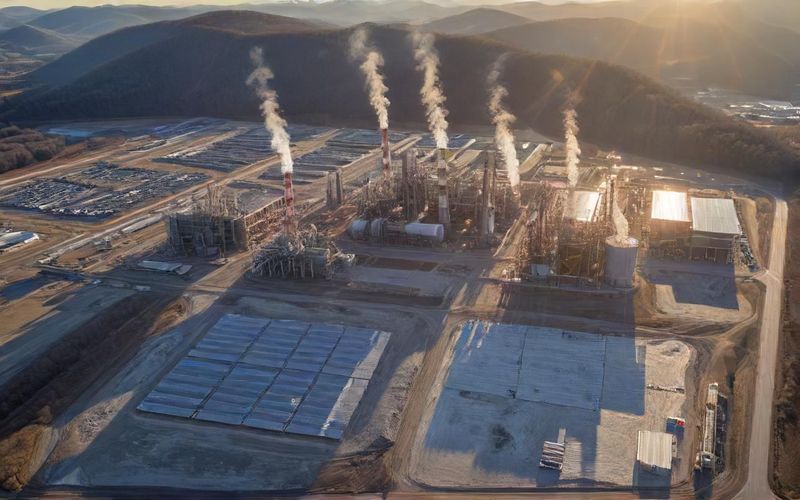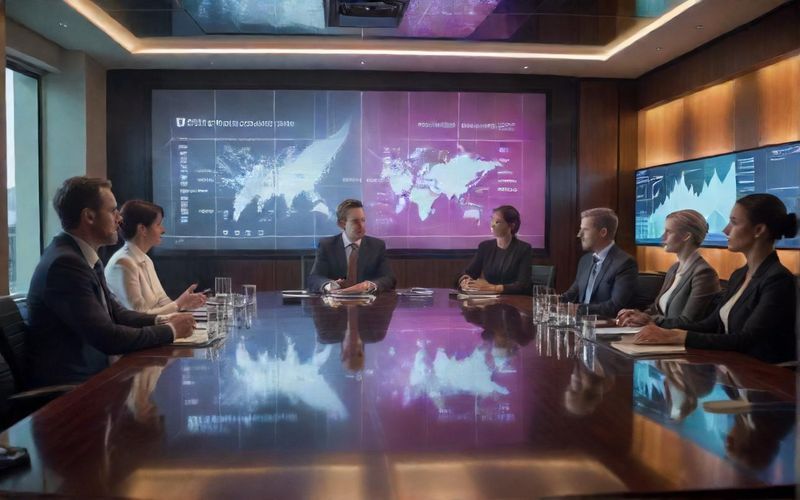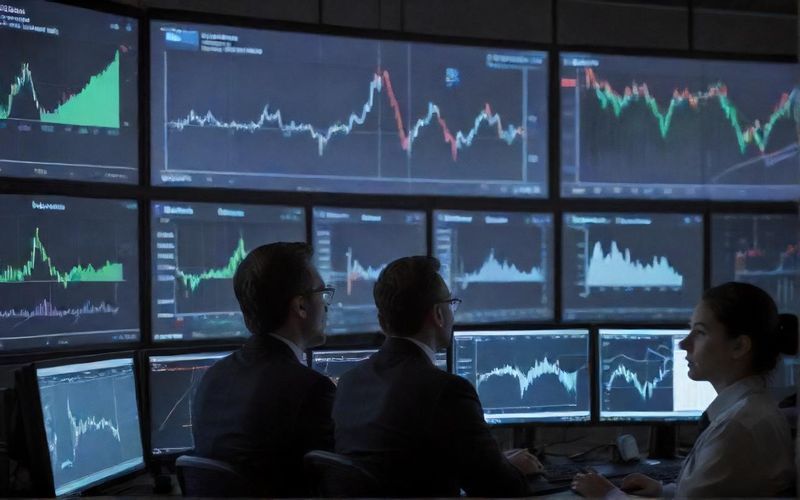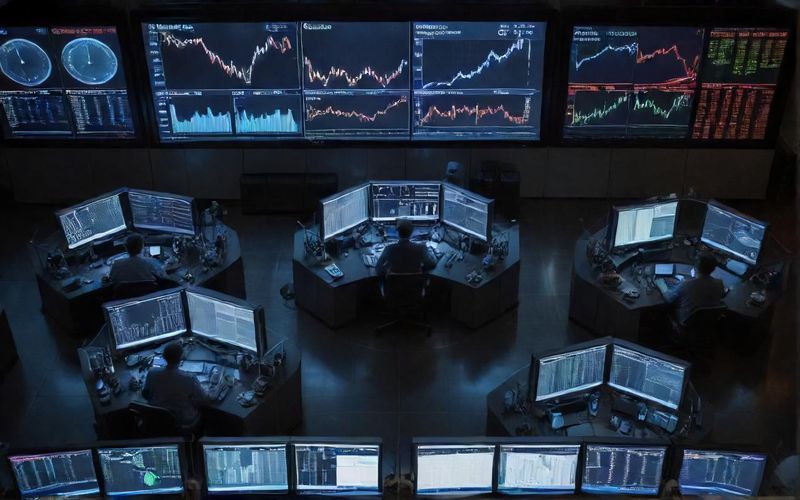Musk, Altman: Roadsters, OpenAI Feud Explodes
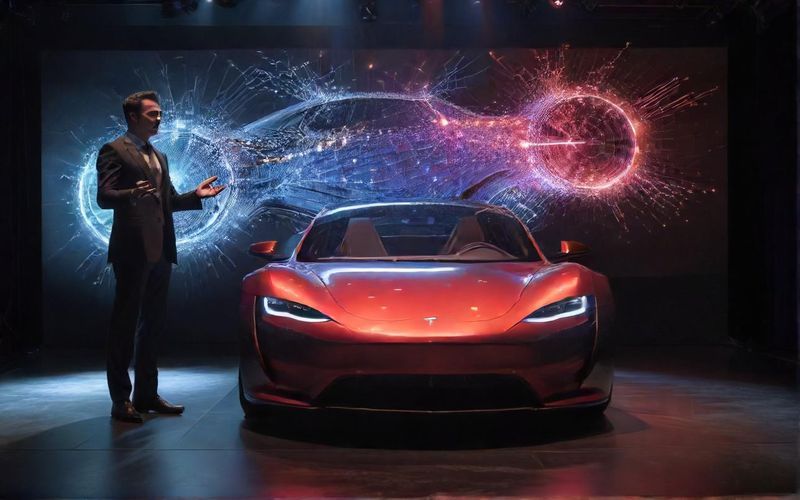
We’re witnessing a fascinating divergence: Altman, as the helmsman of OpenAI, steers a ship that’s charting unknown territories at warp speed, pushing the boundaries of what artificial intelligence can do. Meanwhile, Musk, the visionary behind Tesla and now xAI, seems to be wrestling with the ghost of a past promise, a supercar that has become synonymous with perpetual delays. The conversation ignited by Altman’s attempt to cancel his Roadster reservation and the subsequent back-and-forth on X—Musk’s accusation that Altman “stole a non-profit,” Altman’s retort about transforming what Musk "left for dead" into a potential titan—highlights a fundamental philosophical clash. It’s a dispute about legacy, about the very definition of progress, and whether the pursuit of profit inherently corrupts the noble intentions of creation.
What’s truly striking is the juxtaposition of these personalities and their current endeavors. Altman, by his own admission, helped build OpenAI into a powerhouse, a venture that has disrupted industries and captured the global imagination, making headlines for its rapid advancements in openai news. He argues that the complex, and frankly lucrative, structure OpenAI now employs was essential for this growth—a structure Musk himself, according to Altman, once advocated for. This paints a picture of a pragmatic leader focused on scaling and impact, even if it means navigating the murky waters of corporate transformation.
Musk, on the other hand, seems to be caught in a narrative of disillusionment. His public posture suggests a deep-seated belief that OpenAI has strayed from its altruistic origins, morphing into a "closed source, maximum-profit company" that betrays its founding principles. This sentiment, coupled with his legal challenges, suggests a man clinging to an ideal, perhaps a romanticized version of the non-profit ethos he feels has been abandoned. Yet, this purist stance is complicated by the specter of the Roadster, a symbol of delayed gratification and unfulfilled ambition, a product that has been promised, postponed, and hyped for nearly a decade. The persistent delays of this halo car, particularly when Tesla's core automotive business faces headwinds and a public clamoring for more accessible EVs, raises questions about resource allocation and strategic priorities.
The Roadster saga, with its shifting timelines and increasingly fantastical performance claims—zero to sixty in under one second, the ability to hover—feels less like a product launch and more like a performance art piece. It’s a testament to Musk’s mastery of generating buzz, but it also underscores a potential disconnect between his grand pronouncements and tangible execution, especially when weighed against the urgent need for mass-market electric vehicles and the underperformance of recent ventures like the Cybertruck.
This public sparring, while perhaps cathartic for those involved, offers a rare glimpse behind the curtain of the tech elite. It’s a reminder that behind the groundbreaking innovations and monumental valuations, there are often deeply personal narratives, lingering resentments, and contrasting visions of the future. The evolution of OpenAI from a philanthropic endeavor to a multi-billion dollar entity, and the parallel saga of the perpetually delayed Roadster, begs the question: In the relentless race to build the future, can idealism and profitability ever truly coexist, or are these two forces destined to be locked in an eternal, and increasingly public, feud?
